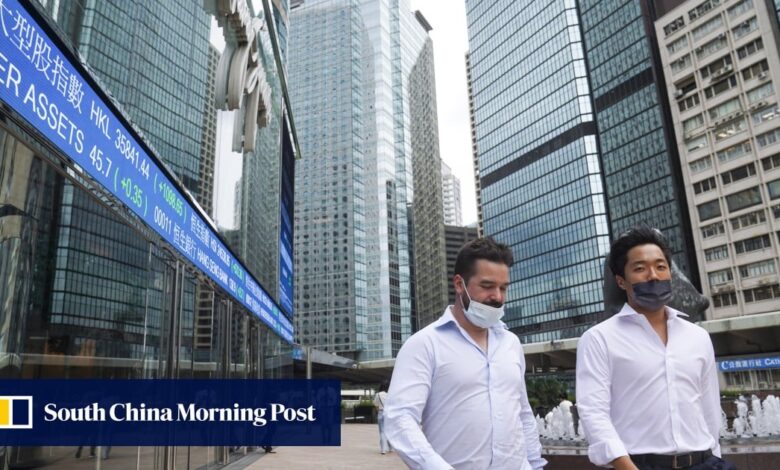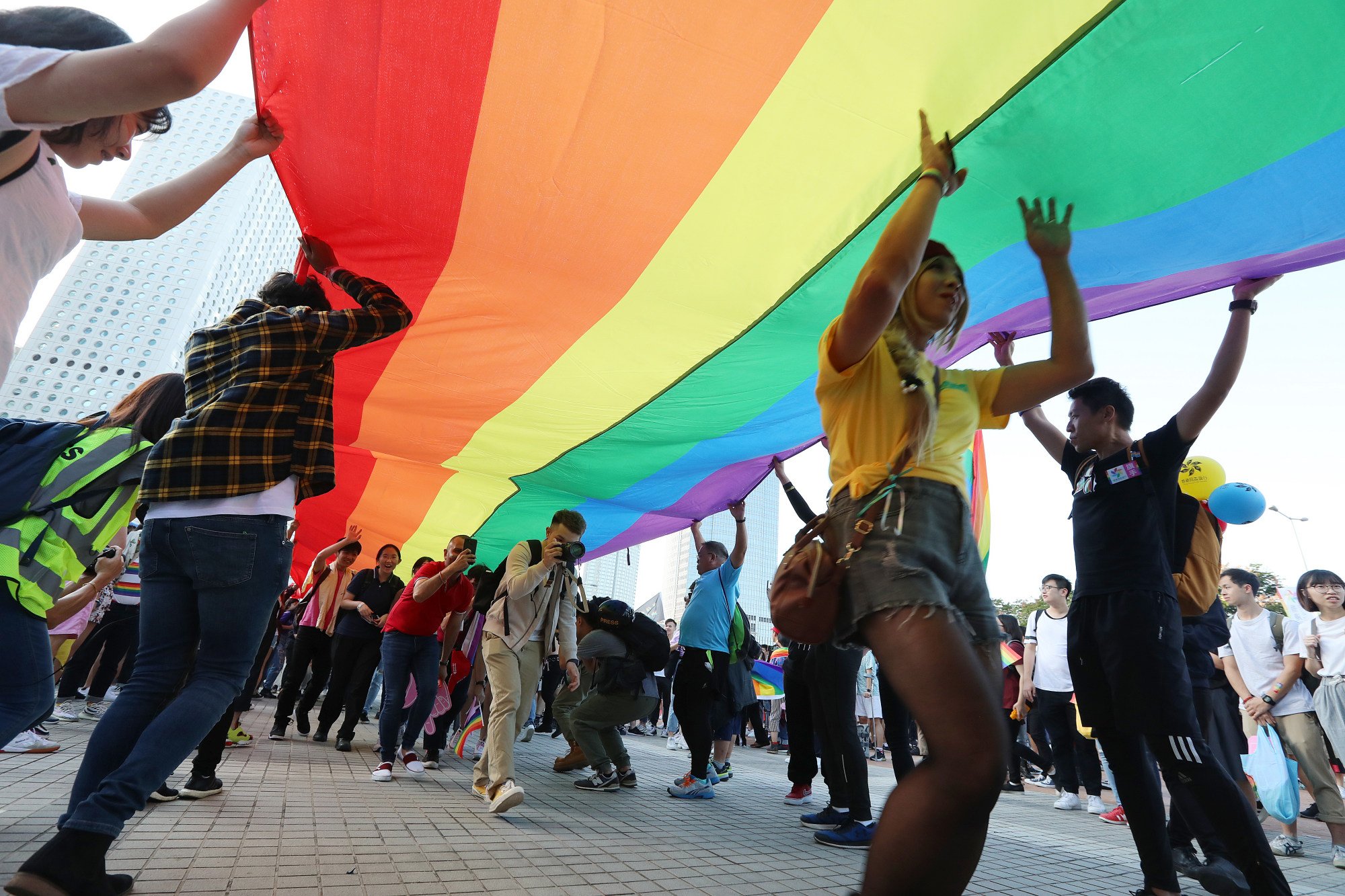Diverse workforce ‘massively important’ for companies in Hong Kong, EU business panel hears

[ad_1]
“It’s massively important … Talent wants to work in diverse environments,” said Kasper Fangel, the group CEO of facility management service company ISS. “[Companies also] need input from different angles and knowledge who can provide the right basis for making decisions.”

Others on the panel, which included business executives, chambers of commerce and a member of the Hong Kong Trade and Development Council, largely agreed.
“Diversity is important in recruitment,” Peter Burnett, the regional head of corporate finance for Northeast Asia at banking giant Standard Chartered said. “It creates an environment where people are comfortable at work.”
Burnett said the current global competition for talent was similar to an “arms race” but that Hong Kong benefited from having “diversity baked into its DNA”.
Many CEOs at Hong Kong’s financial institutions were women, he added and he also highlighted a recent ruling by the Court of Final Appeal that required the government to allow civil partnerships for same-sex couples.
“It demonstrates [the city’s] international perspective and one of the attractive features for people to move here,” Burnett said.
Hong Kong lost 210,000 workers between early 2019 and the end of 2022. A survey by the Hong Kong General Chamber of Commerce in April found that 74 per cent of city companies have struggled with a shortage of labour.
Where are the expats? Hong Kong’s talent drive fails to bring back foreigners
Where are the expats? Hong Kong’s talent drive fails to bring back foreigners
The government took action and launched the Top Talent Pass Scheme last December, which offered a two-year visa to those who earned at least HK$2.5 million (US$318,775) in the previous year and to graduates of the world’s top 100 universities with at least three years of working experience in the last five years.
There were 25,961 applications approved under the scheme in the first half of the year, 95 per cent of them from the mainland.
Westerners, including those from Britain, the United States and Australia, have been slower to return, which has sparked concerns about Hong Kong’s status as an international financial hub.
Patrick Lau, the deputy executive director at the Trade and Development Council, said geopolitical tension between China and the West was the “elephant in the room” and affected the city’s international recruitment drive.
“There are different perceptions in different parts of the world about the situation in Hong Kong,” Lau said.
“It does require stakeholders, such as young people or businesspeople, from the European community, to come in person to Hong Kong to see for themselves that the opportunities are real.”
After Hong Kong’s expat exodus, talent search drives mainland Chinese influx
After Hong Kong’s expat exodus, talent search drives mainland Chinese influx
But Anita Vogel, chairman of the Danish Chamber of Commerce, was optimistic that, as more overseas visitors returned to Hong Kong, its attractiveness to foreign talent would blossom again.
Vogel said one of the major challenges the city faced was attracting young talent, and she encouraged the government to expand its use of work-holiday visas as a way to introduce them to what the city had to offer.
“I do think the opportunities will prevail,” Vogel said.
[ad_2]
Source link





